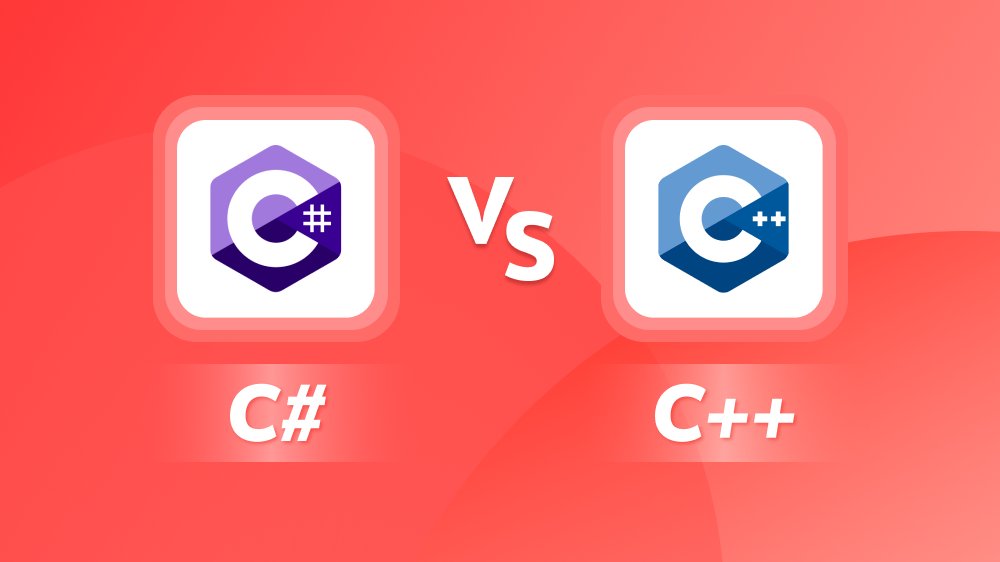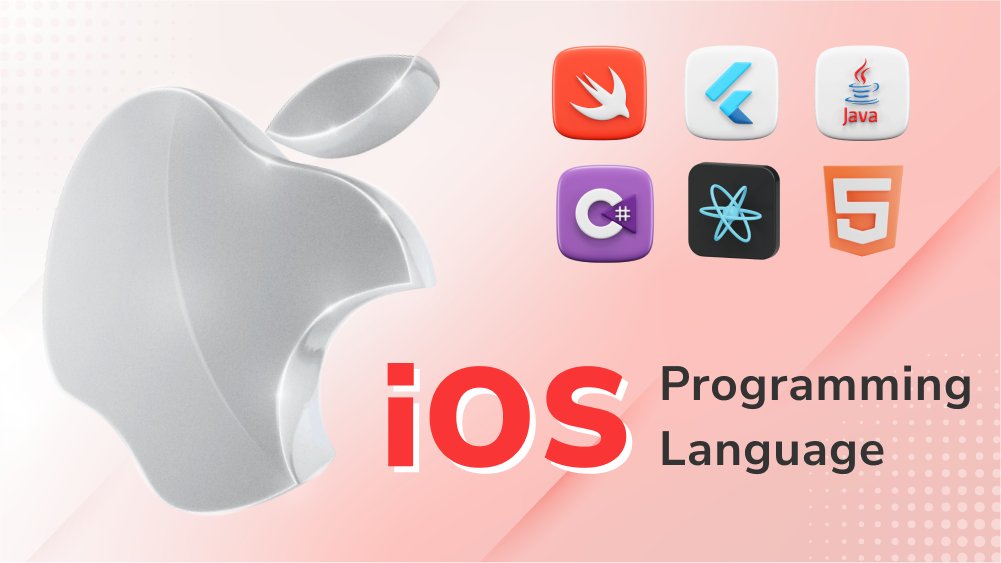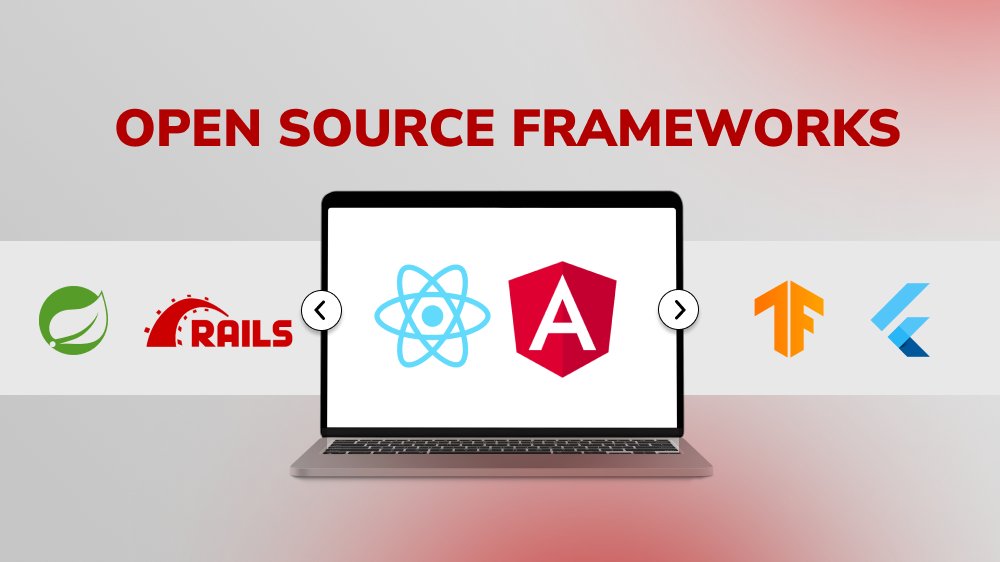
Programming Language Speed Comparison: Top Fastest Options to Consider

Content Map
More chaptersThe world of programming is indeed constantly evolving with new languages, technologies, and frameworks emerging all the time. For programming languages only, Wikipedia declares that there exist around 700 names available. Even though not all of them are democratized, and some are more popular than other languages, the vast number itself proves a testament to the rapidly mutable landscape of programming.
With so many good choices at hand, it can be tough to determine which one is the best for one project. It is due to the fact that different programming languages are created for different purposes and specific functionalities. A few languages are made to be fast and efficient, while some others aims at ease of use or versatility.
Developers can use a variety of factors to judge one programming langue or compare it with others to reveal the chosen one. But one of the most critical metrics must be the execution speed - how quickly a programming language can run or compile a code. In this markdown document, Orient Software will lead you through the key factors to assess in terms of speed comparison. Later in this post, we will list the top-fastest programming for your reference. Without further ado, let’s dive in.
Primary Factors to Measure Velocity of Coding Languages

The speed of a language in software engineering refers to two aspects: Execution and development. The one considered a fast programming language means that program execution can be made faster by using it, which, in turn, means that bugs can also be detected and fixed more quickly. Speed measurement is needed as it straightforwardly affects the performance and efficiency of a software development lifecycle.
The utilization of fast “langs” does not necessarily result in quick development speed. Still, it is a contributor to its progress. As such, faster development can translate into reduced costs and time to market of the final products.
So, what makes a programming language fast and efficient in development? It’s the following factors:
Syntax
A programming language’s syntax dictates how code is written and organized so that the compiler or interpreter can understand and execute it. Some languages offer more straightforward, concise, and readable syntaxes than others. Which one does a fast language have? It depends on the project’s purpose and constraints. Still, a less complex syntax is better at this point. Simple and readable syntax facilitates a gradual learning curve for new developers, and it enables users to be productive faster.
Performance
The second factor must be performance. Oftentimes, it is synonymous with the execution speed and efficiency of a coding language. In this regard, compiled languages are faster than interpreted languages.
This is because compilers can directly convert source code into machine-readable code all at once, so the computer’s hardware can execute it more quickly. Interpreted languages are generally slower because they have to translate code line by line into machine instructions every time the code runs. Note that JIT (Just-In-Time) compilation can improve the speed of interpreted languages, yet it’s still not as fast as compiled ones.
Compilation Time
The compilation process has a direct effect on the feedback loop during development. And fast programming languages are often optimized to accelerate compilation times, thereby enabling developers to test and make changes to their code without waiting too long. In reality, some coding languages come available with fast compilers, while some others take advantage of libraries or frameworks to speed up compilation time.
Multithreading Support
When you look for a fast language, consider multithreading. This is a technique used in programming to enhance the ability of a program to execute multiple tasks simultaneously – or you call it concurrency. For fast programming, languages need to have good multithreading support with features like thread pools and concurrent data structures. Choosing programming languages with multithreading support allows for writing faster and more efficient code. It is particularly essential for applications requiring high performance, such as such as real-time systems or scientific computing.
Memory Management
What’s next to consider? It’s the amount of memory a programming language needs in order to run a program or store data. The use of too much memory possibly leads to longer execution times or even causes the program to crash. Hence, efficient memory management is crucial. Concerning this aspect, some languages are more efficient than others. They require less RAM or storage space to maintain optimal performance.
Built-in Functions, Libraries, and Frameworks
As mentioned earlier, developers can also rely on libraries and frameworks to boost the coding speed and performance of the languages they use.
These are the external sources for additional functionalities. A library contains a set of pre-written code snippets or functions that can be easily called upon within a program. When using one, developers can skip writing repetitive code. A framework, on the other hand, offers a structure for organizing code and built-in functionality that developers can leverage instead of starting from scratch.
The availability of quality libraries and frameworks comes in handy when you work with a language that has a moderate pace or when trying to be more productive within a limited time frame.
Parallel Processing
With multi-core processors gaining traction, concurrent programming has become vital in speeding up software development.
Parallel processing is the ability to split up tasks into multiple, smaller parts and execute them simultaneously on different cores. Those languages that support parallel processing take advantage of multiple cores, hence resulting in faster execution times. In contrast, others that do not support parallel processing only utilize one core, which makes them slower in comparison.
Cross-platform Compatibility
If code written in a specific programming language can be executable on different operating systems (OS) and hardware configurations with little or no modifications, then that language should be considered fast. This is because you can save a lot of time and effort when you develop software for multiple platforms without having to rewrite the codebase.
Community Support
Any programming language with an active community behind it is a definite advantage. As developers, you will be able to find and access solutions to problems and get support from a network of experienced individuals. A vibrant community also means regular updates, bug fixes, and improvements to the language.
Top Recommended Fast Programming Languages
The ultimate goal of programming language speed comparison is to test how fast each programming language executes its code and compare the results. It is essential to develop the same program in different languages to be able to objectively compare programming languages. They must be given the same problem to solve. This gives us an idea of how long each one takes to accomplish the specific tasks.
Here are the top programming languages you should take into consideration. There may be some cases in which one programming language might be faster than the others, but for the majority of the cases, the below list is acceptable:
C Language
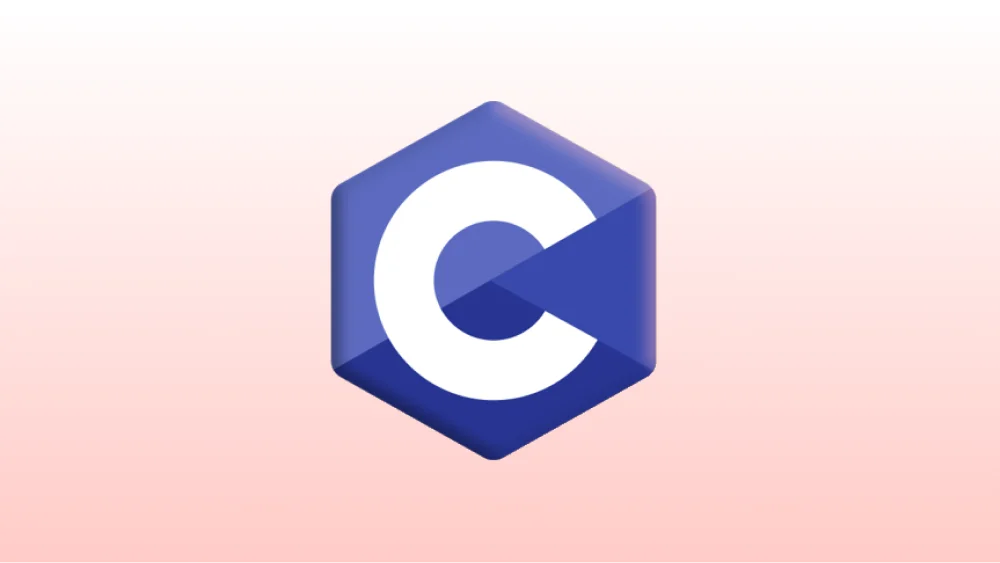
C, also known as “the mother of all modern programming languages,” is a general-purpose and imperative high-level programming language with a bias for systems programming (system software), and therefore, it can be written in any computer language and still retain its main properties. It was developed from 1972 to 1983 for the Unix operating system and is still in use today. It runs faster than most other compiled or interpreted languages but compiles slowly. C language comes with built-in support for hardware programming, and therefore, it is really widely used in the industry. This makes it one of the fastest programming languages around.
C++
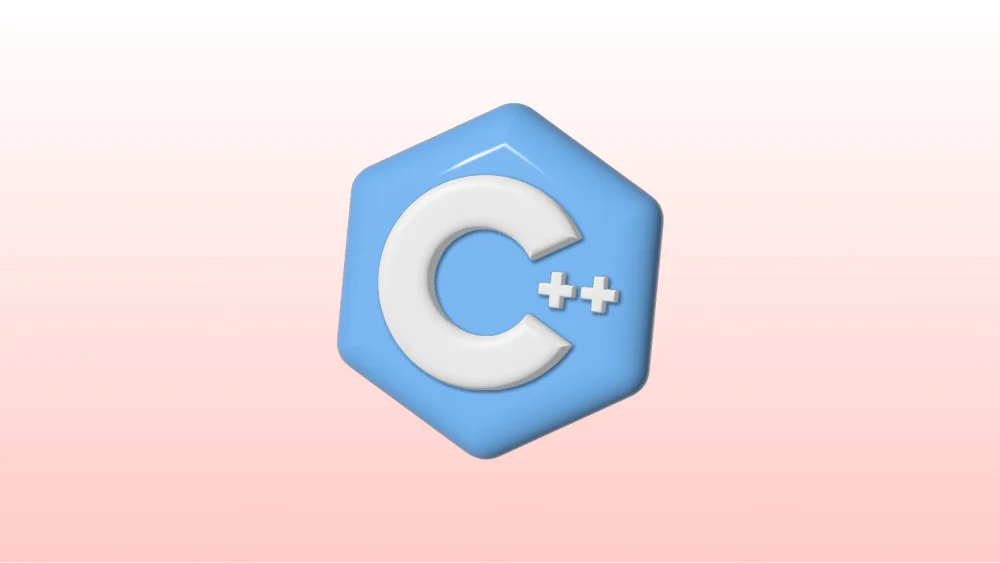
C++ is a multi-paradigm programming language originally designed with a focus on imperative procedural as well as object-oriented styles of programming. Bjarne Stroustrup developed it as an extension of the C language as he wanted to add features that would directly support his experience in software development. C++ is basically used to create system software, application software, high-end web applications, embedded software, etc.
It is a widely used language and therefore helps you solve your problem faster. It makes use of both compile-time and run-time for executing its code, making it one of the fastest programming languages around.
Rust

It is a relatively new programming language that has been designed to be no less than C++ but safer. It is a multi-paradigm, compiled programming language with support for both functional and imperative styles of programming. Rust has a strong type system, and its syntax is pretty easy to learn. So, if you’re looking for an alternative to C/C++ to build applications that demand speed without compromising safety or control, Rust might be what you need. This language compiles fast, too.
Rust runs faster than most other compiled programming languages like C/C++ because it has built-in support for hardware programming and uniform precision integers, so you can process very large integers in this programming language without overflow or loss of accuracy. This makes it one of the fastest programming languages today.
Dart

Dart was developed by Google in 2011. It is an object-oriented programming language. This language can be used as a standalone language or as an embedded plugin/language for applications that use the Chromium browser. Like Rust, it also runs faster than most other compiled languages like C/C++ because it uses platform-independent bytecode and has built-in support for hardware programming. It compiles fast too.
Julia
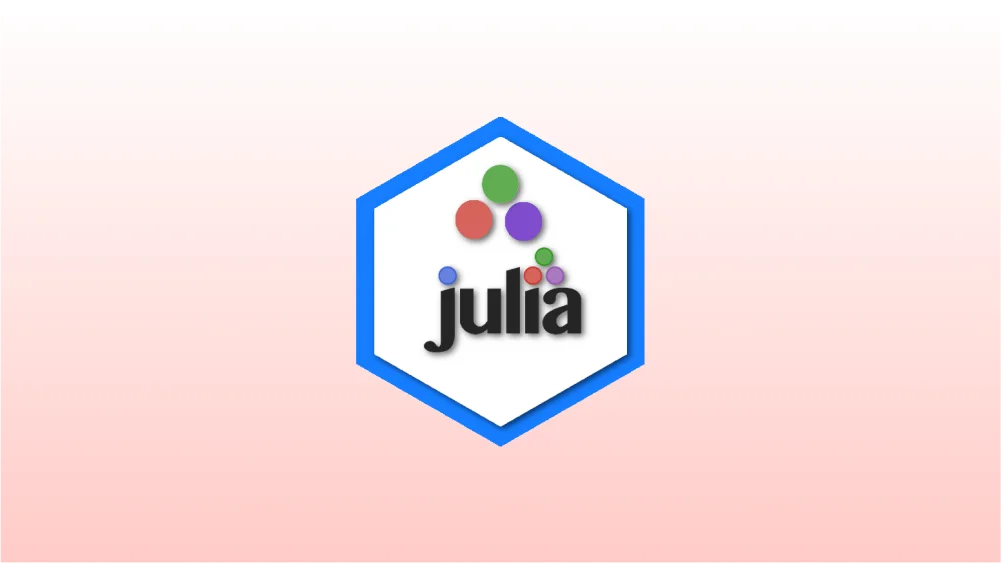
Julia is a high-level, high-performance dynamic programming language that is designed for numerical computing tasks. By exploring the use of many advanced programming techniques, this programming language is specifically intended to address the requirements of scientific computing.
One of its main features includes multiple dispatches, which allow more flexible code and generality. It offers built-in types for numerous statistics and machine learning applications, which makes it the fastest-growing programming language. Julia compiles slower than other languages but runs faster than them because of its blazing fast startup time.
Java
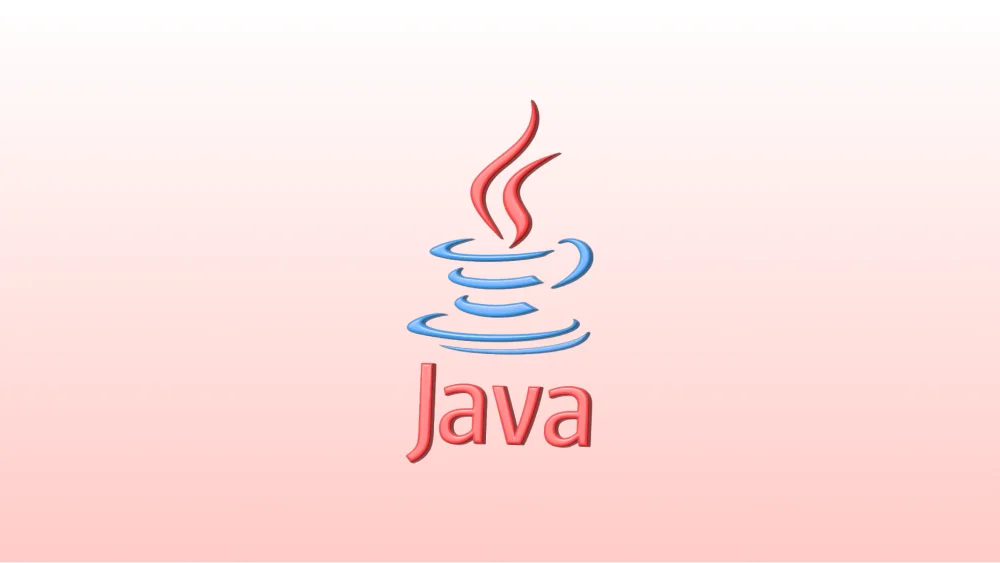
This is a general-purpose Object-Oriented Programming (OOP) language that is concurrent, class-based, and object-oriented in nature and thus supports the preceding programming styles like imperative, generic, and reflective. Java can be used in a wide range of applications and is supported by a large number of IDEs and libraries.
Java compiles slower than other languages but runs faster because of its high-performing standard library. Its startup time is somewhere between C++ and C, but it still loses to both of them in terms of speed.
One of the reasons that Java is slower than some other languages is because it uses a Java virtual machine. The Java virtual machine is software that allows Java programs to run on different types of hardware and operating systems. This machine is not as fast as the hardware that it is running on, which makes Java programs run a little bit slower than they would if they were running on the native machine. However, the Java virtual machine offers more portability than other programming languages.
C#
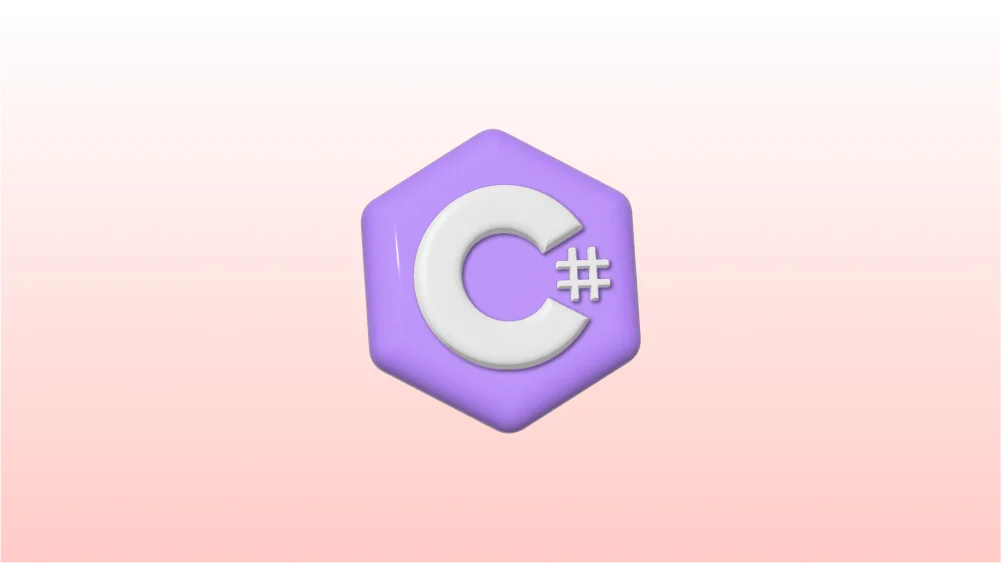
C# (pronounced as C Sharp) is a multi-paradigm language that can be used to create both multi-threaded and non-multi-threaded programs. It is based on the Common Language Infrastructure (CLI), which is an open specification developed by Microsoft to specify its .NET framework stack. C# allows you to create a user interface for your program using Windows Forms or WPF.
C# compiles faster but runs slower than C++ and Java. Its startup time is even faster compared to other languages, which makes it a popular language in the industry today.
F#

FSharp, or F#, is a multi-paradigm programming language that encompasses functional, imperative, and object-oriented styles. It was developed by Microsoft and is used to write applications on .NET platforms. It allows programmers to use both imperative and functional programming styles, which makes it popular among many software developers.
High-performing components of FSharp include a managed memory model and flow-typed programming. It compiles faster than other languages but runs slower because it needs to perform garbage collection, which is a process of finding and removing the unused data from the computer’s memory to free up space for new data.
Pascal
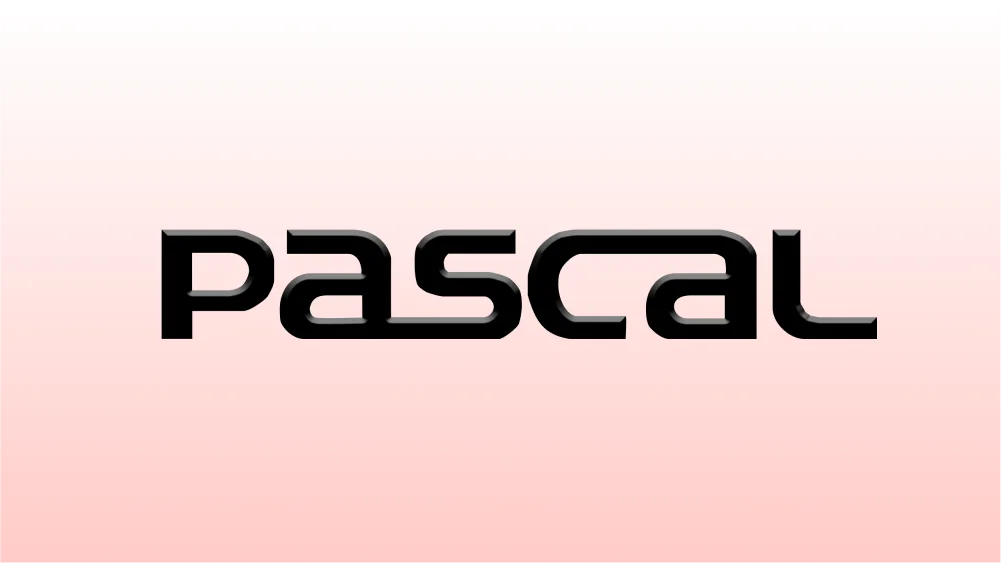
Pascal is a procedural programming language created to use structured programming techniques. These include the ability to define functions, call them recursively, pass parameters by reference or value, and perform modular programming.
Its main drawback is its slow performance compared to other languages; Pascal compiles slowly but runs faster than many other languages because of the simple syntax and its use of arrays.
Python

This is one of the best object-oriented programming languages that allows programmers to use procedural, functional, and reflective paradigms. It also offers dynamic typing, which makes it easier for the programmer to create fast prototypes for applications that are less efficient than those developed in statically typed languages like C++.
Python compiles faster than other languages but runs slower because of its dynamic typing and lack of a standard library. It also lacks some built-in functions that are required for larger applications, but packages written in Python can be easily reused because they are compatible with many other existing programming languages.
Go (Golang)

Golang (or simply Go) is becoming a popular language because of its speed and reliability. It is an open-source programming language created at Google by Robert Griesemer, Rob Pike, and Ken Thompson as a better alternative to C++. Go also comes with a built-in garbage collection as well as dynamic memory management features, which make it a fast language. But its startup time is slow compared to other languages.
Go (Golang) has a lot of advantages like it never runs out of memory, requests are handled concurrently with an efficient race detector which makes Go perfect for web applications. However, unlike other programming languages that compile fast and run slowly, this one compiles slowly but runs fast.
Conclusion
In brief, the time it takes to develop a program can be cut down by using the right programming language. Experts alike want to pick the efficient language for their projects. And it is essential to know which language will work best for your new projects. Is there the fastest programming language? Maybe there is; however, not for every case or project. Therefore, being aware of the fastest programming languages listed here will help you make better decisions.
In this post, we have looked at the best recommendations for fast programming languages as well as some major factors for speed comparison. So, if you’re looking for a programming language that’s fast and efficient to use, be sure to take this list into consideration.
If you need professional assistance with your next programming project, do not hesitate to consult with us - Orient Software. We are the trusted partner of 200+ global clients, providing exceptional and reliable custom software development and IT staffing services for almost two decades. Schedule a meeting with us today.

